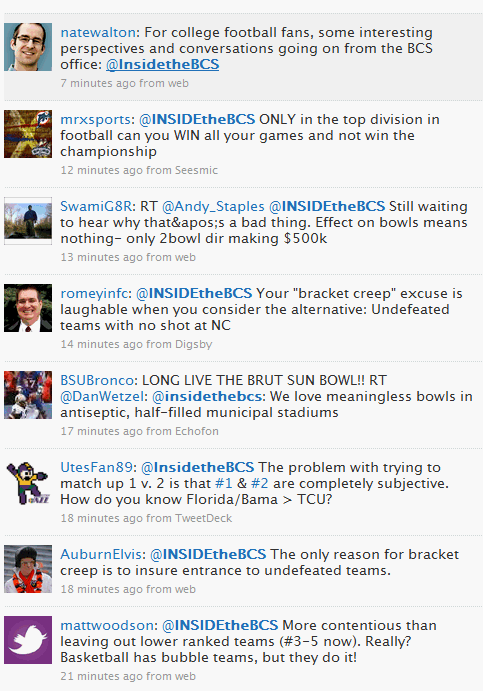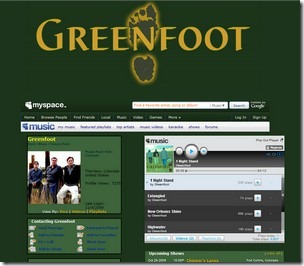I’m going to try something new here, and do a little recap of tech news, developments and my take on various tech news stories for the week.
Facebook announces video for Instagram
Normally I detest Facebook’s propensity to blatantly copy features from their competitors, but in the case of of InstaVine and in the interests of having a good video sharing product on Android: good on them! I may hold a lot of unfair hostility towards Vine, but I can’t get past the terrible first impression they made upon Android users. If you’re going to make users wait for months later than your iOS users, you better make a pretty good first impression – but between the very limited functionality (like not being able to search), the problems with capturing and playing video (audio out of synch) and the lack of worthwhile options (like muting your videos by default): all you did was give me all the more incentive to look forward to something else.
If Twitter seems unwilling or unable to quickly improve their app, I’m more than happy to spend time with an app that can. Instagram is giving me most of what I’m looking for, with a bigger user base. I’m more than happy to put my video eggs in that basket. That said, I hope this is a wake up call for Vine and Twitter, as great products come from competition.
Feedly updated with Cloud sync and app support ahead of Google Reader shutdown
When Google announced they were shuttering Reader, I remember freaking out as I drove home. In terms of getting my information: Reader was where I got the majority of my news. Given that I consume it on multiple computers, my phone and tablet, I was concerned about how I was going to be able to sync my feeds. I began my quest looking for the replacement, and am happy to be living in the Feedly space. They’ve really stepped up and have done a great job welcoming Google Reader refugees, and have been very open about their roadmap and where they want their product to go. They don’t deliver the exact same functionality of Reader (yet), but they are a great alternative that will soon get there. I previously thought I was going to be counting down the days until Reader was shutdown, but I’ve been so happy with Feedly that I’ve all but forgotten.
Falcon Pro removed from Google Play Store
I don’t use Falcon Pro (I’m more of a Twicca man), but this news is distressing nonetheless. The way Twitter has turned the table against the developers – on whose backs they built their service on – irritates me to no end. While Twitter’s app has greatly improved, it still lacks a ton of features that their advanced users – who also have used Twitter the longest – count on every day. By relying on these apps early on, people like me learned how to use Twitter reading from oldest-to-newest, and have come to rely on Twicca for this continued experience. This back & forth between developers and their apps need to stop. Just be satisfied that 80% of your mobile users are using your app, you don’t want to piss off the other 20% with stupid stuff like this.

